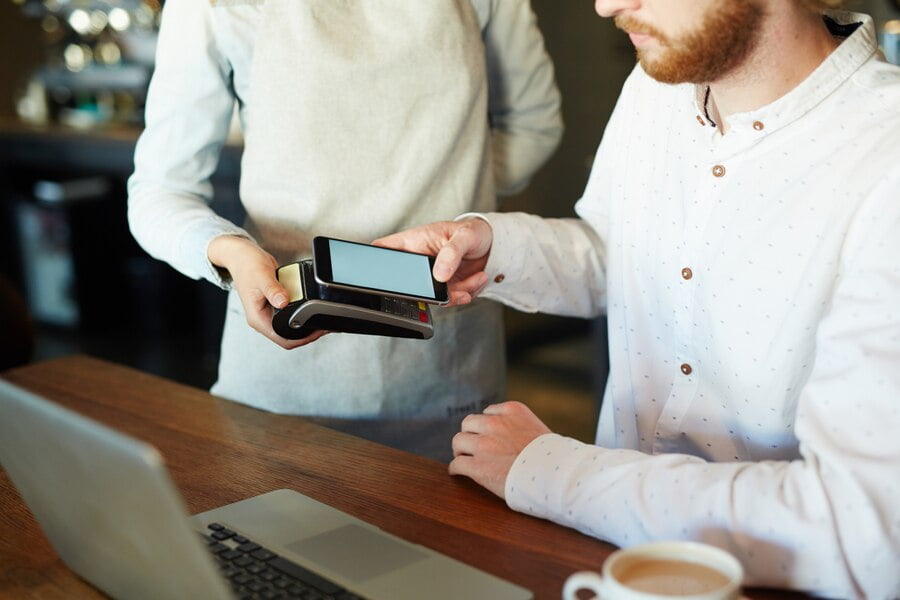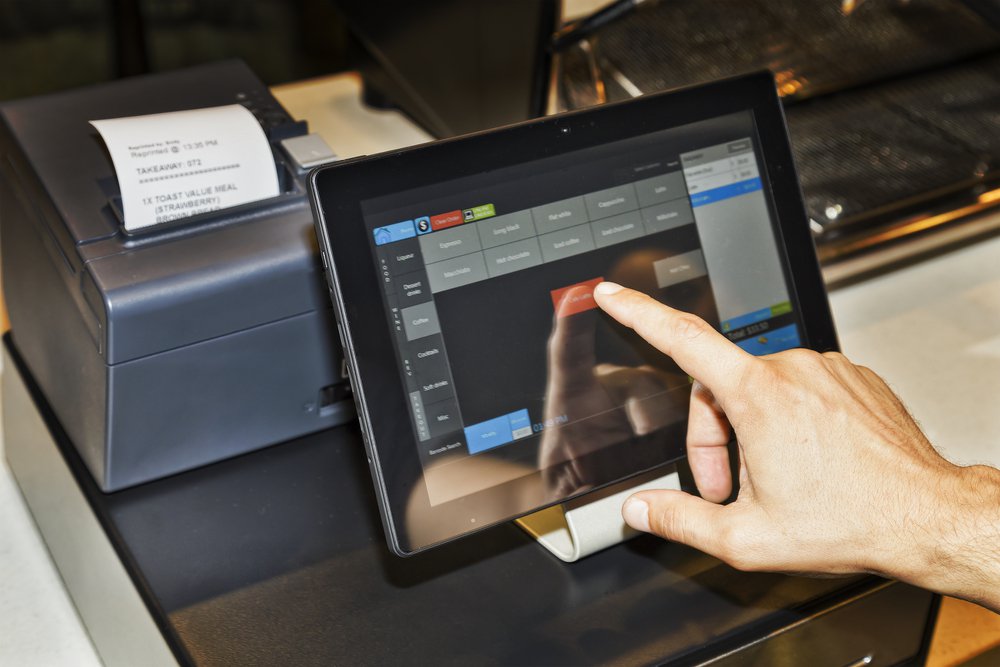How Mobile POS Systems Are Changing the Retail Landscape

The retail industry is continually evolving, driven by technological advancements that shape the way businesses operate and interact with customers. One of the most significant innovations in recent years is the advent of mobile POS (mPOS) systems. These systems have revolutionized retail by providing greater flexibility, enhancing customer experience, and streamlining operations. In this blog, we explore how mobile POS systems are changing the retail landscape.
Flexibility and Mobility
Traditional POS systems are typically fixed at a counter, limiting the mobility of sales staff and creating potential bottlenecks during peak hours. Mobile POS systems, on the other hand, are portable and can be used anywhere within the store. This mobility allows sales associates to assist customers on the sales floor, providing a more personalized shopping experience. For example, if a customer needs assistance finding a product or has questions, a sales associate can use an mPOS device to look up information, check inventory, and even complete the sale without the customer having to wait in line at the checkout counter.
Enhanced Customer Experience
One of the primary benefits of mobile POS systems is the enhancement of the customer experience. mPOS devices allow for faster and more efficient transactions, reducing wait times and improving overall customer satisfaction. By bringing the checkout process to the customer, retailers can create a seamless and convenient shopping experience. This is particularly beneficial in environments where customers value speed and efficiency, such as busy retail stores, pop-up shops, and outdoor markets.
Additionally, mPOS systems often come equipped with features that enable personalized interactions. For instance, sales associates can access customer purchase histories and preferences, allowing them to make tailored recommendations and offer personalized promotions. This level of service can significantly enhance the shopping experience, fostering customer loyalty and encouraging repeat business.
Streamlined Operations
Mobile POS systems streamline various aspects of retail operations, making it easier for businesses to manage their processes. One key advantage is the integration of inventory management features. mPOS devices can be linked to the store’s inventory system, allowing real-time updates on stock levels. This capability helps retailers maintain accurate inventory records, reduce the risk of stockouts, and improve inventory turnover.
Moreover, mPOS systems can integrate with other business software, such as accounting and customer relationship management (CRM) systems. This integration simplifies data management and ensures that all aspects of the business are synchronized. For example, sales data collected through the mPOS system can be automatically recorded in the accounting software, reducing the need for manual data entry and minimizing errors.
Scalability and Cost-Effectiveness
Mobile POS systems offer scalability and cost-effectiveness, making them an attractive option for businesses of all sizes. Traditional POS systems can be expensive to set up and maintain, requiring significant investment in hardware and infrastructure. In contrast, mPOS systems typically have lower upfront costs and can be easily scaled as the business grows. Retailers can start with a few mPOS devices and add more as needed, without the need for extensive hardware upgrades.
For small and medium-sized enterprises (SMEs), this scalability is particularly beneficial. It allows them to adopt advanced POS technology without the financial burden associated with traditional systems. Additionally, the flexibility of mPOS systems enables SMEs to experiment with different sales strategies and business models, such as pop-up shops and mobile retail units.
Also Read : The Evolution of POS Systems: From Cash Registers to Digital Solutions
Data Insights and Analytics
Mobile POS systems provide valuable data insights and analytics that can help retailers make informed business decisions. These systems collect detailed sales data, which can be analyzed to identify trends, measure performance, and gain insights into customer behavior. Retailers can use this information to optimize their product offerings, adjust pricing strategies, and develop targeted marketing campaigns.
For example, by analyzing sales data, a retailer might discover that certain products are particularly popular during specific times of the year. Armed with this knowledge, they can plan promotions and inventory accordingly, ensuring they meet customer demand and maximize sales.
Conclusion
The impact of mobile POS systems on the retail landscape is profound. By offering flexibility, enhancing customer experience, streamlining operations, and providing valuable data insights, mPOS systems are transforming the way retailers conduct business. As technology continues to advance, we can expect mobile POS systems to become even more integral to the retail industry, driving innovation and growth in the years to come. Retailers who embrace this technology will be well-positioned to thrive in an increasingly competitive market, delivering exceptional service and value to their customers.
Visit our site at www.dibtech.com.au
Visit our YouTube channel for tutorials Dibtech






